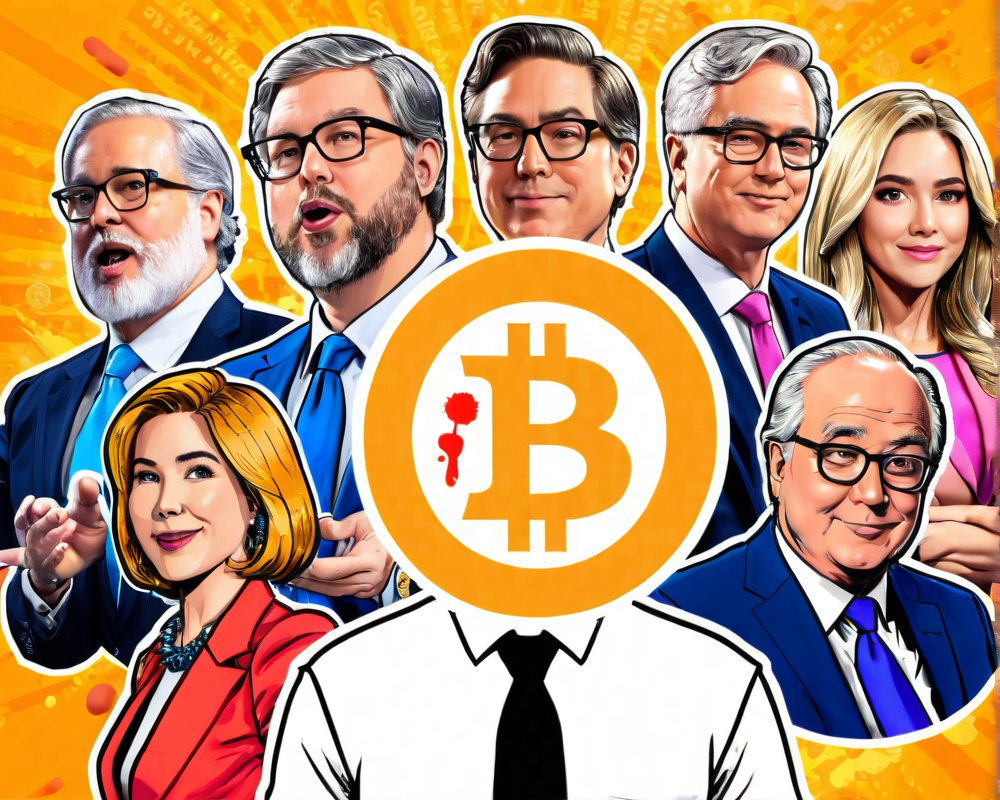The Backlash Begins
When former hedge fund manager Jesse Felder boldly declared that Bitcoin “doesn’t make sense as an investment nor as a currency alternative,” it didn’t take long for the Bitcoin community to respond. Activating their Twitter fingers, Bitcoin enthusiasts began to refute Felder’s claims with varying degrees of sass and seriousness.
What Felder Got Wrong
To put it mildly, Felder’s post was like bringing a knife to a gunfight in the Bitcoin trenches. His assertion that Bitcoin isn’t used as a medium of exchange is like saying donuts aren’t for breakfast — it’s just wrong! Let’s break down some of the major points of contention:
- Medium of Exchange: Bitcoin has been utilized for countless transactions, from pizza purchases to high-end luxury goods.
- Store of Value: Many investors view it as a digital gold, offering protection against inflation — unlike that jar of pennies in your sock drawer.
- Hard Forks and Supply: Felder claims hard forks dilute Bitcoin’s supply, but as Nic Carter pointed out, this is akin to claiming that a slice of pizza makes the whole pie bigger.
The Network Effects Factor
Felder also posited the intriguing idea that Bitcoin could be supplanted by a better cryptocurrency. This idea, while potentially fascinating, overlooks a crucial aspect: network effects. Essentially, Bitcoin’s user base is like that party you didn’t want to go to but ended up loving. Everyone’s there, so why would you leave for a mysterious newcomer?
Response from the Community
In an internet showdown reminiscent of epic rap battles, Twitter personalities like Anthony Pompliano and Alex Gladstein jumped into the fray, turning a serious discussion into a roast fest. Pompliano offered to give Felder some much-needed education in a phone call, while Gladstein accused him of being “too lazy to do the research.” This isn’t just a squabble; it’s the Bitcoin equivalent of a battlefield, and the casualties are Felder’s credibility and a few unfortunate keyboard warriors.
Lessons Learned
From this tempest of Twitter beef emerges a valuable lesson: understanding an asset’s market mechanics is crucial before making sweeping judgments. Felder’s reliance on an “old school definition” of investment might explain his missteps, but for those deeply entrenched in the world of digital currencies, this isn’t just about numbers—it’s about innovation and belief in the technology.
Conclusion
In a world where crypto debates can spiral into chaos faster than a meme goes viral, it’s essential to stay informed and open-minded. Whether you’re a Bitcoin maximalist or just curious about the digital currency world, remember: better to have well-reasoned opinions than to inadvertently turn into the next Twitter punchline.




